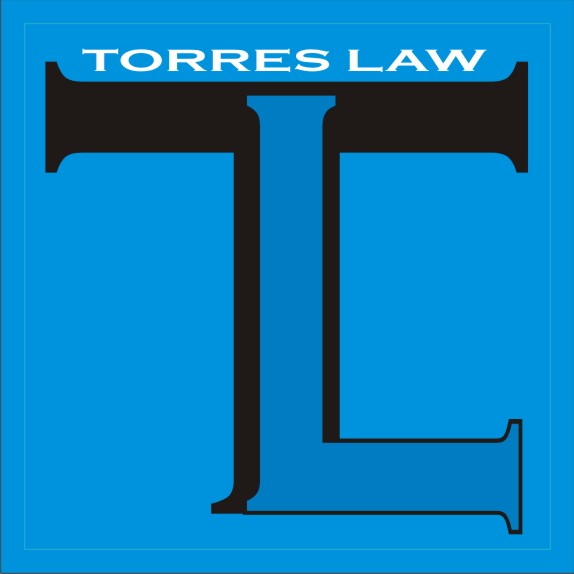[vc_row][vc_column][vc_column_text]
Token Taxonomy Act
Token Taxonomy Act: Representatives Warren Davidson (R-OH) and Darren Soto (D-FL) introduced legislation in December 2018 intended to create a bright-line test for when a digital asset is or is not a security. The bill, referred to as the “Token Taxonomy Act,” if enacted, would define “digital token” under the federal
securities laws and clarify that such tokens are
not securities.
“This is huge,” writes Tony Zerucha for
The Bankless Times. “The legislation…contemplates tokens that are indeed not securities.” See Zerucha, Tony for
The Bankless Times:
“Token Taxonomy Bill: Crypto holidays are here.”
To be a digital token under the Token Taxonomy Act, a digital asset must have, among other characteristics, the ability to be traded between two persons without the services of an intermediate custodian. In addition, the asset must not represent a “financial interest in a company,” including an ownership interest in a company or debt or revenue sharing interests. If the digital asset meets the definition of a digital token, it would not be a security under the federal securities laws and therefore would not be subject to registration with the SEC.
The Token Taxonomy Act attempts to address aspects of digital asset regulation that up until now have not been consistently or definitively addressed by the SEC. The basis for current U.S. securities laws
stem from the Securities Act of 1933, the Securities Exchange Act of 1934, and a 1946 Supreme Court ruling, SEC. v. W.J. Howey Co. W.J. Howey Co. produced an often-relied-upon standard, the ‘Howey Test’ to determine whether an investment qualifies as a security. The Howey Test has four distinct parts: (1) It is an investment of money; (2) There is an expectation of profits from the investment; (3) The investment of money is in a common enterprise; and (4) Any profit comes from the efforts of a promoter or third party. If an investment meets these four criteria, then it is likely classified as a security.
W.J. Howey Co. involved land sales and service contracts related to Florida orange groves.
Nearly eighty years later, the digital asset marketplace is a long way from orange groves. The digital assets, which are the subject of the Act, including “cryptocurrencies,” are decentralized blockchain software platforms.
As such, “[t]hese decentralized networks don’t fit neatly within the existing regulatory structure,” said Kristin Smith, head of The Blockchain Association, the first group in Washington to lobby for the technology behind Bitcoin. “[The Act] is a step forward in finding the right way to regulate them.” See, Rooney, Kate for
CNBC.
“Lawmakers look to change SEC’s 72-year-old securities definition to exclude cryptocurrencies.”
The Token Taxonomy Act would also create a temporary safe harbor for offers and sales of digital assets that are later deemed to be securities by the SEC. The Act would also clarify the tax treatment of digital assets under the IRS Code for investments in virtual currencies made by individual retirement accounts, exchanges of virtual currency and capital gains from virtual currency sales.
The Act would introduce more favorable tax treatments for cryptocurrencies. Currently, trading one crypto for another triggers capital gains or losses, and often produces a large amount of record-keeping. Another issue is that when someone purchases a small item with cryptocurrency, like a coffee, that transaction would also incur those same gains or losses. The Act would address these issues, creating an exemption for crypto-to-crypto exchanges (‘like kind’ exchanges), such as trading Bitcoin for Ethereum. Moreover, the Act would create an exemption for small (
de minimis) transactions below a certain threshold, allowing users to more easily use crypto as a medium of exchange.
Despite clarifying that the SEC will not be regulating cryptocurrencies, if the Act is passed into law, then there is a chance that digital tokens will be regulated by the Federal Trade Commission or the Commodities and Futures Trading Commission (CFTC).
“While this legislation is a great first step, we are looking for feedback,” noted Representative Soto. “The Federal Trade Commission (FTC) has a history of policing web services, while the Commodities Futures Trading Commission (CFTC) has authority over commodity derivatives. To what extent does the jurisdiction of the FTC apply to digital tokens?”
The sponsors of the Act hope that clarifying the regulatory treatment of digital tokens will mitigate fraud and foster innovation in the blockchain economy. In any event, the Act reflects a bipartisan attempt to update the federal securities and tax laws to address some of the legal uncertainty arising from the application of the existing federal regulatory framework to contemporary digital assets.
[/vc_column_text][/vc_column][/vc_row]


Recent Comments